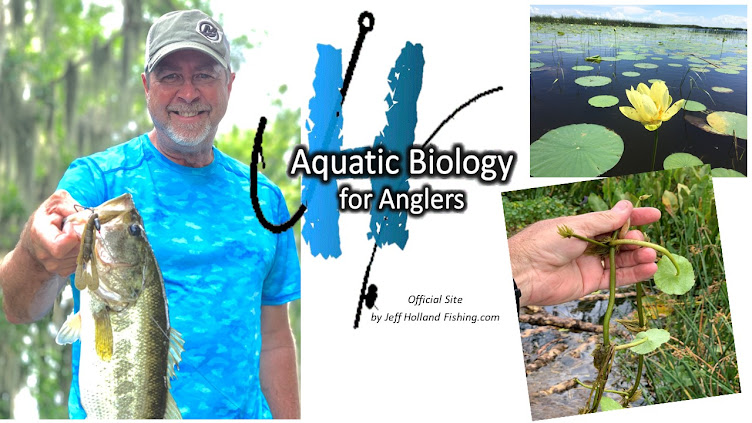
I ended up finishing 4th place with just under 11lbs and earned my entry into the State Championship on my favorite river, the St Johns River in Palatka, FL.

How I found and caught my bass on Toho:
The last time I had visited the lake was during the January Bassmaster Southern Open event. Wind blew heavy, the lake was muddy, and cold fronts brought freezing temperatures that covered my boat with ice each morning of that tournament.

The month of August was the polar opposite: a heat wave with an index of 105 degrees F was forecasted, sunny skies heated lake temperatures to 90s F, and I lacked the time to practice and locate bass. I had to rely on my ability to quickly assess an area and find a pattern.
Going into the event, I made three assumptions: state agency weed control efforts from January had completed their job of reducing hydrilla in the lakes, water clarity would be a key to success, and dog-days of summer would slow down the bass bite.
It appeared to me the summer pattern of aquatic life was normal: shad were schooling and feeding on algea, bluegill and redear sunfish were spawning, and bass were probably feeding heavy at night.
Throwing topwater baits on a glassy morning lake was great fun, but failed to get me a strike at the first three areas I tried. Then, a gentle breeze from the west brought feeding baitfish to the surface, each fish noticeably dimpling the water as they fed on microscopic food.
A cast to the area and a solid 3.5lb bass ate my topwater bait and gained me my first fish of the day. Several casts and several short strikes later, clued me in that something was off. As I stopped the bait to check on my live wells, a bass over 5lbs sucks under my topwater bait as it was sitting still on the surface. I was out of position, and after a brief battle I lost the fish. I knew that was going to cost me, and it did. But the strike did fulfil my assumption that the bass bite would need to be slow.
I was able to catch three more keeper bass by fishing soft plastics baits through the area. It wasn't long before the wind died and the bite ended.
The other typical summer pattern in Florida is flipping, so I ran to a grassline and started speed-flipping to locate active fish. About half a mile down I missed a bass that grabbed the tail of my worm. A few more feet down the grassline and I missed another fish. Same thing, the fish grab the tail. I thought, bass or bluegill?
It took me another ten missed fish before I dialled in on the bait and how to present it. Since the bait's fall triggered the bites, I just had to keep reducing the bait size until the bass ate the hook too. Once I figure that out, I caught a bass on my next hit and filled my five-bass limit.
Lake water temperatures in my area reached 94F and I was glad that Triton live wells have a recirculation feature which vortexes air into the water. Leaving the circulator to contant-on provided great fish care and kept oxygen levels high in the hot weather. I would suggest all anglers maintain a good live well battery so the live wells can be set to constant-on in summer months.
I continued pitching my bait along the grassline and finally caught a decent bass, a four pounder! That bass allowed me to cull a smaller one out of my live well. I caught a few more bass that helped cull a little more weight before I had to end the day.
Looking back, had I executed better and landed every fish, I think I could have made run for the 18lbs needed for second place. Many of my missed fish felt strong, but when fishing in thick grass, the tough plants make it easy to lose some bass.
Overall, it was a fun day on the lake with bass biting steady all day. I reached my goal of qualifying for the State Championship and I earned a little money to pay for gas.
My congratulations go out to Kyle Fox who ended up taking the win at 20+lbs.
I look forward to seeing all my fellow Bass Nation anglers at the State Championship on October 18-19, 2014 in Palatka, FL. Until then, tight lines...








No comments:
Post a Comment